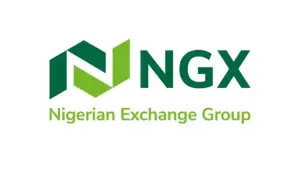The National Bureau of Statistics (NBS) has announced that Nigeria's headline inflation rate has dropped to 22.97 percent in May 2025, marking a significant economic development for the country.
According to the statistics office, this represents a 0.74 percent decrease compared to April's headline inflation rate. The month-on-month inflation also declined significantly to 1.53 percent in May from 1.86 percent in April, indicating a slower pace in the rise of prices across the economy.
On a year-on-year basis, the current headline inflation rate is 10.98 percent lower than the rate recorded in May 2024, which stood at 33.95 percent.
Key Factors Driving Inflation Reduction
The NBS attributed the easing in inflation to a slowdown in price increases across several key segments of the economy. These include farm produce, utilities, clothing, and health services, which have all seen moderated price growth.
Additionally, food inflation showed a slight decline, dropping to 21.14 percent in May from 21.16 percent in April. The statistics office attributed this sharp decline largely to base-year effects following the inflation rebasing methodology.
However, on a month-on-month basis, food inflation increased marginally to 2.19 percent in May from 2.06 percent in April, suggesting that while the overall trend is positive, food prices continue to face some upward pressure.
This latest inflation figure represents a positive economic indicator for Nigeria, which has been battling high inflation rates in recent years. The continued downward trend could potentially influence monetary policy decisions and improve consumer purchasing power if sustained.
Economic analysts will be watching closely to see if this downward trend continues in the coming months and what impact it might have on the broader Nigerian economy.
Stay updated with the latest economic news by following BenriNews on our social media platforms:













